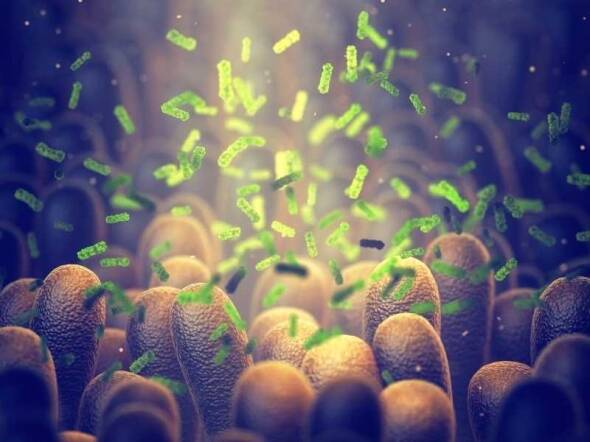 Reproductive Medicine Associates of Southern California’s Dr. Katherine Green (based in Los Angeles) has published a noteworthy scientific review on the vaginal microbiome’s effects on reproductive health in the Fertility and Sterility journal. In her review, Dr. Green discusses the vaginal microbiome (the bacteria that colonizes the vagina) and how it relates to different infections, diseases, and even infertility.
Reproductive Medicine Associates of Southern California’s Dr. Katherine Green (based in Los Angeles) has published a noteworthy scientific review on the vaginal microbiome’s effects on reproductive health in the Fertility and Sterility journal. In her review, Dr. Green discusses the vaginal microbiome (the bacteria that colonizes the vagina) and how it relates to different infections, diseases, and even infertility.
The vagina naturally has good bacteria that serve very important roles in maintaining a healthy and balanced vaginal pH. Dr. Green’s review states that the specific strain or proportion of good bacteria in the vagina may vary between women based on age, the stage of the menstrual cycle, or ethnic background. These differences may predispose some women to certain infections and diseases.
Previous research indicates that certain bacterial strains are able to survive in higher pH levels, so some women are more susceptible to diseases like Bacterial Vaginosis (BV).
Dr. Green’s review looks at this information and indicates that there is an increased risk of sexually transmitted infections (STIs) and upper genital tract infections in women with altered vaginal microbiomes, as well. Increased bacterial diversity is associated with STIs like Chlamydia, Gonorrhea, and HIV, as well as upper genital tract infections like pelvic inflammatory disease (PID).
Dr. Green notes that the same imbalance that predisposes some women to infection and disease may also predispose women to infertility and pregnancy complications.
These complications include miscarriage, preterm delivery, and postpartum endometriosis. Dr. Jason Franasiak, a physician at RMA of Southern California’s sister practice, RMA of New Jersey, conducted a research study on this topic and considered the endometrial microbiome at the time of embryo transfer.
Dr. Franasiak showed that the endometrial microbiome may be related to pregnancy outcomes after IVF but cautions that more studies are needed to evaluate how the uterine microbiome may impact implantation.
All in all, the vaginal microbiome can significantly affect a woman’s reproductive health. BV, STIs, PID, and infertility are all related to the bacteria that colonize the reproductive system.
“Having this information allows us to identify risk factors for disease,” Dr. Green said. “From there, we can develop the appropriate treatment for patients.”
To make an appointment with RMA of Southern California’s Dr. Katherine Green in our Los Angeles fertility clinic, click here.
